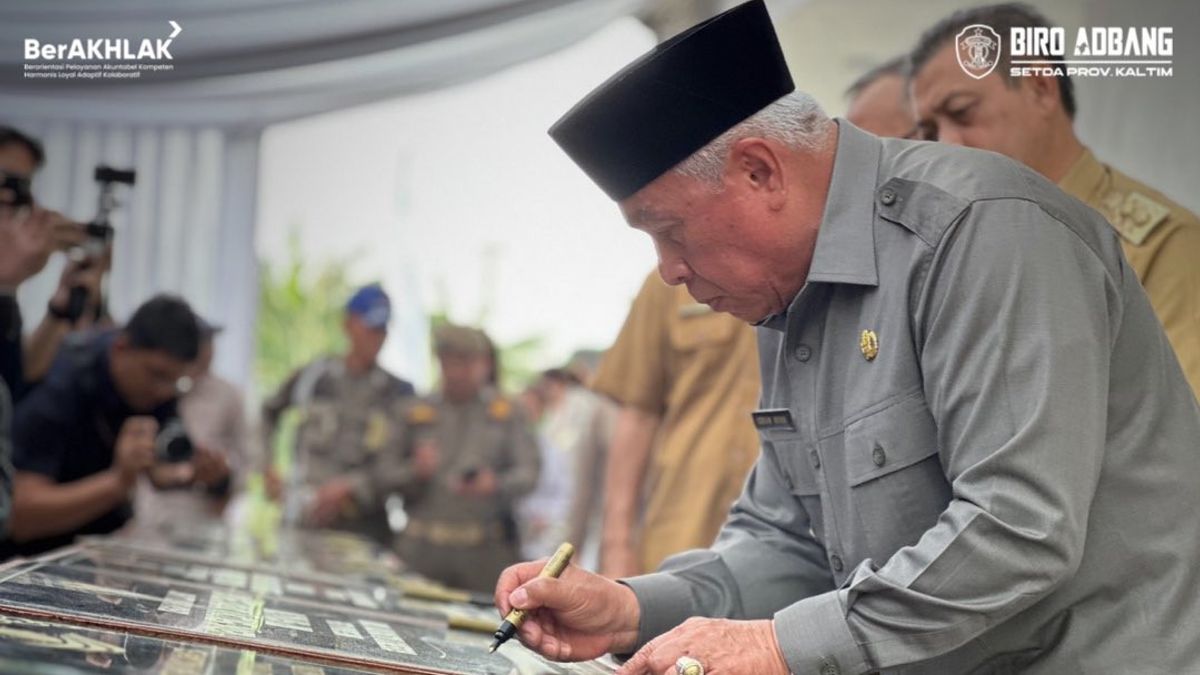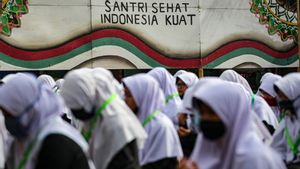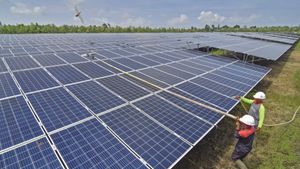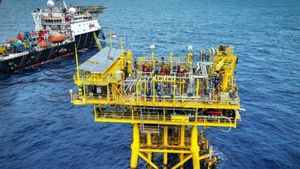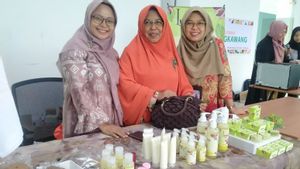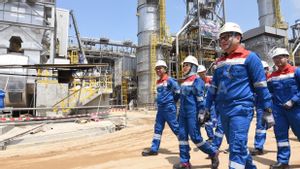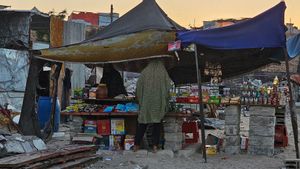JAKARTA - Pertamina New & Renewable Energy (Pertamina NRE) and the Provincial Government of East Kalimantan signed an agreement to develop the Green Economy Project in East Kalimantan.
The signing of this collaboration was carried out by the Governor of East Kalimantan, Dr. H. Isran Noor and the President Director of Pertamina NRE Dannif Danusaputro at the Grand Sahid Hotel, Jakarta, September 30.
Pertamina NRE President Director Pertamina NRE, Dannif Danusaputro explained, this joint agreement is to explore the potential for cooperation with the aim of supporting the transformation of the green economy in East Kalimantan Province.
"With this collaboration, we hope to become a milestone for the green economy and NEBS projects in East Kalimantan. We hope that the collaboration between Pertamina NRE and the East Kalimantan Provincial Government will become a solid cooperation and we can carry out the next stage concretely," said Dannif, Saturday, September 30.
Natured Based Solution (NEBS) is a solution to mitigate climate change through sustainable management and use of nature. Some approaches that can be taken are to prevent or reduce deforestation and refurbish.
SEE ALSO:
NEBS is one of the sources to generate carbon credit that Dannif can trade.
The Governor of East Kalimantan, Isran Noor, welcomed this collaboration. "We hope this cooperation can be useful, both for the people of East Kalimantan and Indonesia as a whole," explained Isran.
The forest of Kalimantan is one of the lungs of the world because of its very large area and is one of the largest tropical forests in the world. The growth of trees in tropical forests is three times faster than trees grown in non-tropical forests. This condition makes tropical forests have more effective absorption capability of CO2.
The development of the NEBS project has had many positive impacts, including for climate change control, biodiversity conservation, protection of indigenous peoples living in concession areas, as well as to maintain food security, especially for the surrounding community.
The English, Chinese, Japanese, Arabic, and French versions are automatically generated by the AI. So there may still be inaccuracies in translating, please always see Indonesian as our main language. (system supported by DigitalSiber.id)
